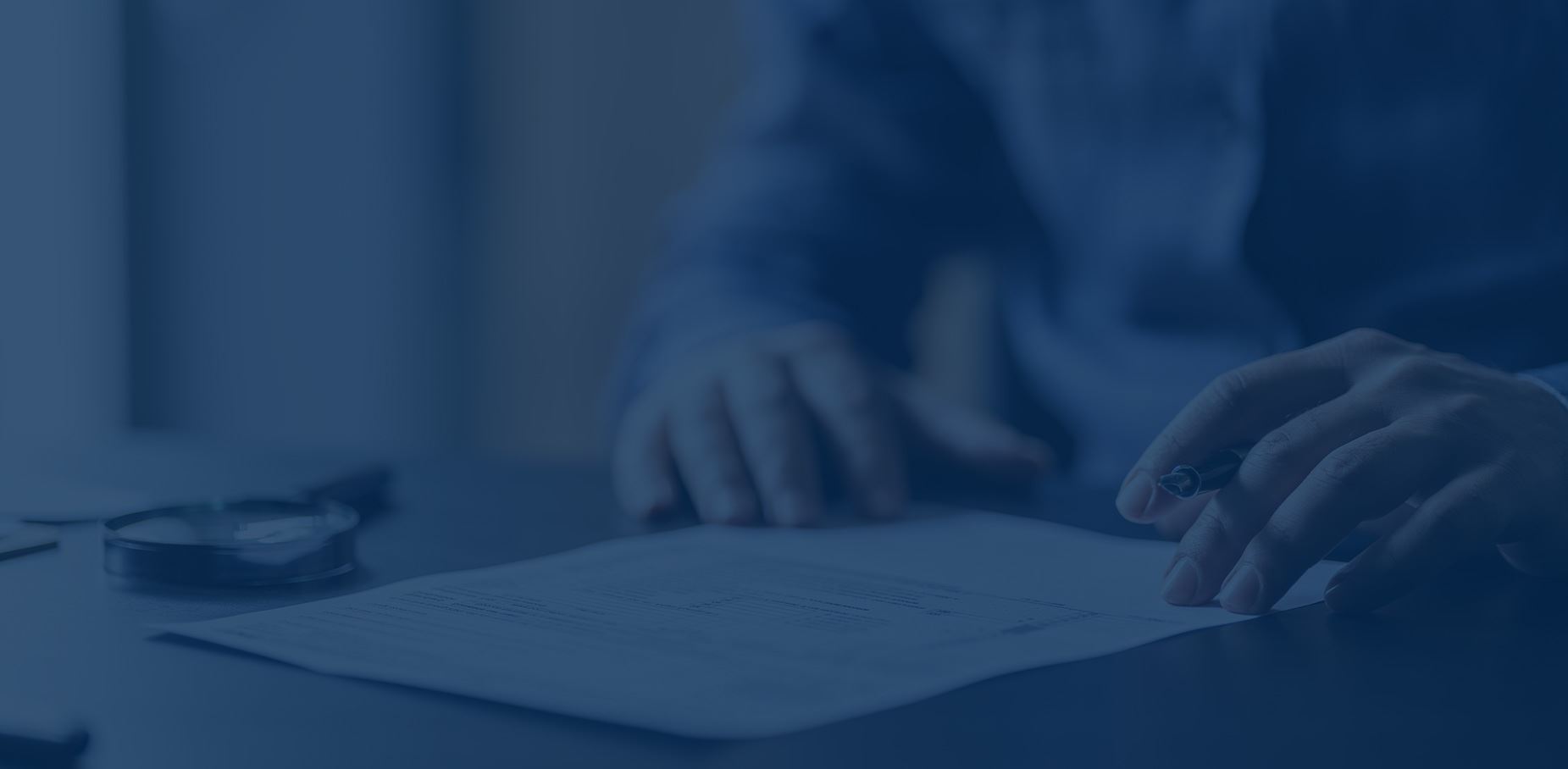
Chapter 7
St. Joseph Chapter 7 Bankruptcy Attorney
Assisting You from Filing to Post-Bankruptcy Planning in Buchanan County
Chapter 7 bankruptcy is one of several options you have for discharging your debts and getting a clean financial slate. Only some individuals qualify for it, however, and the process can be confusing to navigate. Knipp Law will assist from the beginning of your case to the end, helping you file Chapter 7 and afterward working with you to develop a post-bankruptcy plan that will help you rebuild your financial health. Discharging your debts is one part of the battle, but making sure your credit doesn’t suffer in the future is also a critical step.
Contact Knipp Law for a free consultation to discuss your situation in more detail with a St. Joseph Chapter 7 bankruptcy lawyer at our law firm. Call 816-583-0879 for an attorney near you.
Who Can File Chapter 7?
Chapter 7 bankruptcy is for debtors who have little to no income. In general, you must pass the “means test” to qualify for Chapter 7. There are two ways to pass the income test:
- Your gross family income is lower than the state average for a family of your size; or
- Your gross family income is higher than the state average, but after deducting the allowed expenses, the remaining income cannot sufficiently pay back creditors.
You also cannot file Chapter 7 if you have previously received a bankruptcy discharge within the last 6-8 years.
The Chapter 7 Process
Chapter 7 is one of the faster bankruptcy filing options, and the process will involve the following steps:
- Complete a credit counseling course with a federally approved agency. This is a required step, otherwise your petition will be dismissed.
- File your Chapter 7 bankruptcy petition and associated forms with your local bankruptcy court. The purpose of these forms is to provide financial disclosure about your condition, which might include information on your debts and monthly living expenses; your income and earnings; property exempt from liquidation; nonexempt property that will be sold; and gifts and other property transactions occurring up to 10 years prior to filing.
- Enter the “automatic stay.” Once you have filed for bankruptcy, the court will automatically usher in an “automatic stay” that temporarily halts collection actions (e.g., foreclosure, wage garnishment) against you.
- Provide the required documents to your court-appointed bankruptcy trustees. Such documents may include bank statements, pay stubs, tax returns, etc.
- Attend the 341 meeting of creditors. This is run by your bankruptcy trustee, and your creditors may or may not be present.
- Have certain nonexempt property liquidated to pay back your creditors. The proceeds from the sale of your property will go towards paying your debt. It is often the case, however, that most of your property is either exempt from liquidation or will not raise enough money to be worth selling anyway.
- Complete a “debtor education” course. Upon completion, you should file your certificate of completion with the court.
At the conclusion of your Missouri Chapter 7 case, all your remaining debts will be discharged in due time. Note that not all debt will be wiped out, however, such as child support debt, tax debts, and student loans, as well as any debt incurred by fraud or malicious acts.
Missouri Property Exemptions
Many debtors often shy away from Chapter 7 because they are afraid they will lose all their property. However, Missouri provides exemptions for certain categories of property, such as personal property and retirement. Some examples of property exempt from liquidation are:
- up to $15,000 of equity in your home ($5,000 if it is a mobile home);
- up to $3,000 of equity in your motor vehicle;
- up to $3,000 of value in personal property like furniture, clothing, books, instruments, crops, and animals;
- up to $1,500 in firearms and accessories;
- up to $3,000 in tools of your trade or profession;
- up to $1,500 in a wedding ring;
- disability or illness benefits;
- Social Security benefits;
- workers’ compensation;
- unemployment compensation.
Note that keeping your exempt property is not an automatic process. You will need to mark down your exempt property on the schedule you fill out with your other bankruptcy paperwork and petition.
Chapter 7 vs Chapter 13 Bankruptcy
Chapter 7 bankruptcy allows debtors to discharge unsecured debt such as loans, credit cards, and medical bills. With Chapter 13 bankruptcy, debtors are able to catch up on secured debt, such as a mortgage or car payment.
Call Our Chapter 7 Bankruptcy Lawyers
The bankruptcy filing process can feel overwhelming, especially when you are still trying to cope with accumulating debt in your day-to-day life. While you focus on yourself and your family, let Knipp Law handle your Chapter 7 bankruptcy case. The firm can help you determine your eligibility for Chapter 7, as well as whether this option is best for you. They can even help you develop a post-bankruptcy plan after filing to help you rebuild your credit and get back on your feet.
Schedule a free consultation with Knipp Law to get started today. Assisting clients throughout Buchanan County. Call 816-583-0879 for a Chapter 7 bankruptcy lawyer near you.

-
“We hired Ryan for a Chapter 13. Ryan went out of his way to help us with every situation that came up and kept in touch with us as you would expect him to. He was not just our attorney but a friend by the time this was over. We found out that during this t” - Patti J
-
“Ryan did an excellent job explaining the process and the outcome was favorable. I will be recommending him to anyone in need.” - Paul A
-
“When having to go to court, he was with me every step of the way. Ryan is professional, knowledgeable, and compassionate. I highly recommend Ryan!!” - Lois



